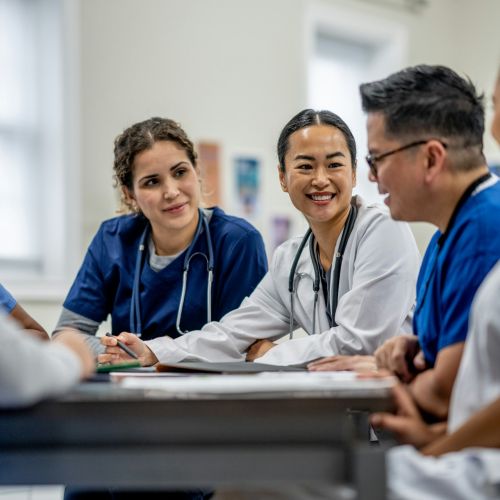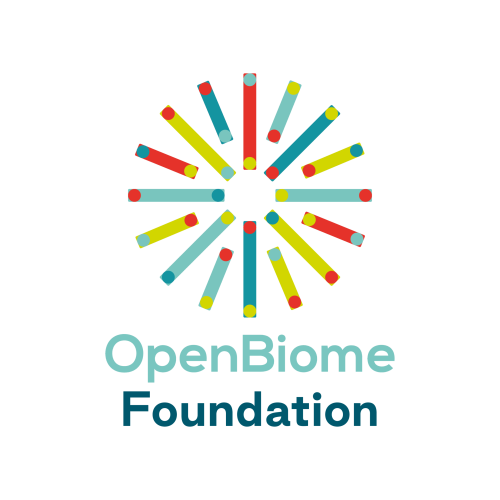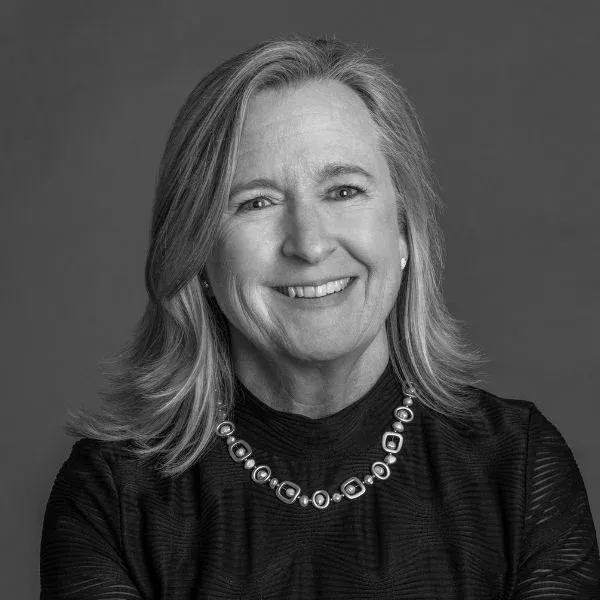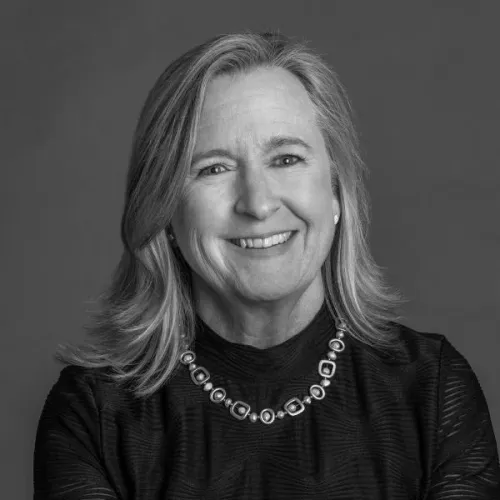Blogs, Field Notes
Science in the Field: Dr. Walter Sandoval’s Mission to Map Rural Microbiomes in Paraguay
What motivated you to study the microbiome in rural Paraguay?
Only recently were we able to decipher the Paraguayan gut microbiome — and that research was limited to urban populations in the Asunción metro area. Until then, no other work had been done with a Paraguayan population, meaning Paraguay was vastly underrepresented in microbiome studies. Since microbiomes can vary significantly across populations, the next logical step in my goal to put Paraguay on the microbiome map was to begin studying rural communities.
Can you share a moment from your fieldwork that surprised you or shifted your perspective on the research?
As a microbiologist, I have never personally collected samples in the field. More than that, I never explained the importance of our work in a way that is accessible to everyone. What really struck me was how willing people were to participate in the study. They truly understood the value of research and were curious to learn about the microbiome. When we visited the Indigenous community of Itaguazú, I was moved when the women asked the government officials from the Instituto del Indígena (INDI), who were present at our initial meeting, to organize a seminar and workshop about family planning. At a time when this topic is still seen as taboo by the government, these women were courageously advocating for themselves.
What do you hope your research will mean for Indigenous and rural communities in Paraguay?
The gut microbiome will eventually become a tool in precision medicine. By comparing microbiome data with metadata, we can gain insights into the health of these populations. My hope is that this research can guide local policy decisions related to nutrition and health access.
How does your work challenge or expand the global scientific narrative about gut health?
We’ve seen strong correlations between gut microbiome composition and human health, but the magnitude and applicability of that knowledge are still debated. I envision a future where microbiome studies across diverse populations guide public health policy — and where people with chronic illnesses, even when no obvious pathogens are present, can have their microbiome analyzed to identify dysbiosis and improve treatment strategies.
How did the support from OpenBiome enable this phase of your research?
Funding for fundamental science is still in its infancy in Paraguay. OpenBiome opened the door for us to expand the work we started in 2022 with the Paraguayan Gut Microbiome Project. With their support, we challenged ourselves to leave our comfort zone and travel to Indigenous communities. The fact that we are now able to study the gut and vaginal microbiomes, perform genotyping and metabolomics — all in one study — is unprecedented in Paraguay. We are also extremely proud of the high participation rates. Another important contribution from OpenBiome was facilitating human connection: the networking with the Poyet and Groussin Labs has led to exciting plans for future projects that will deepen our understanding of the Paraguayan microbiome.
What advice would you give to other researchers in low- and middle-income countries pursuing global health questions?
Create or expand your network to foster collaboration. Projects like this require funding and access to technology that aren’t always available in our countries. We must leverage our resources and connect with people around the world who share our interests. The only way to move forward is by combining efforts.
What are your hopes for the future of microbiome research in Paraguay?
I want to see Paraguay become a leader in microbiome studies in Latin America. I currently do microbiome research in soil and agriculture, in the rumen for the cattle industry, and in human health. All of this is grounded in my background in microbial physiology. I’m looking forward to collaborating with more partners, both locally and internationally, to fully map the Paraguayan microbiome. But more than that, I want to create technologies based on this knowledge — and use microbiome science to fight climate change, strengthen food security, and combat the growing burden of chronic disease.
Continue Reading


Policy Outlook: Building a microbiome-informed approach to agri-food systems and childhood nutrition policies


